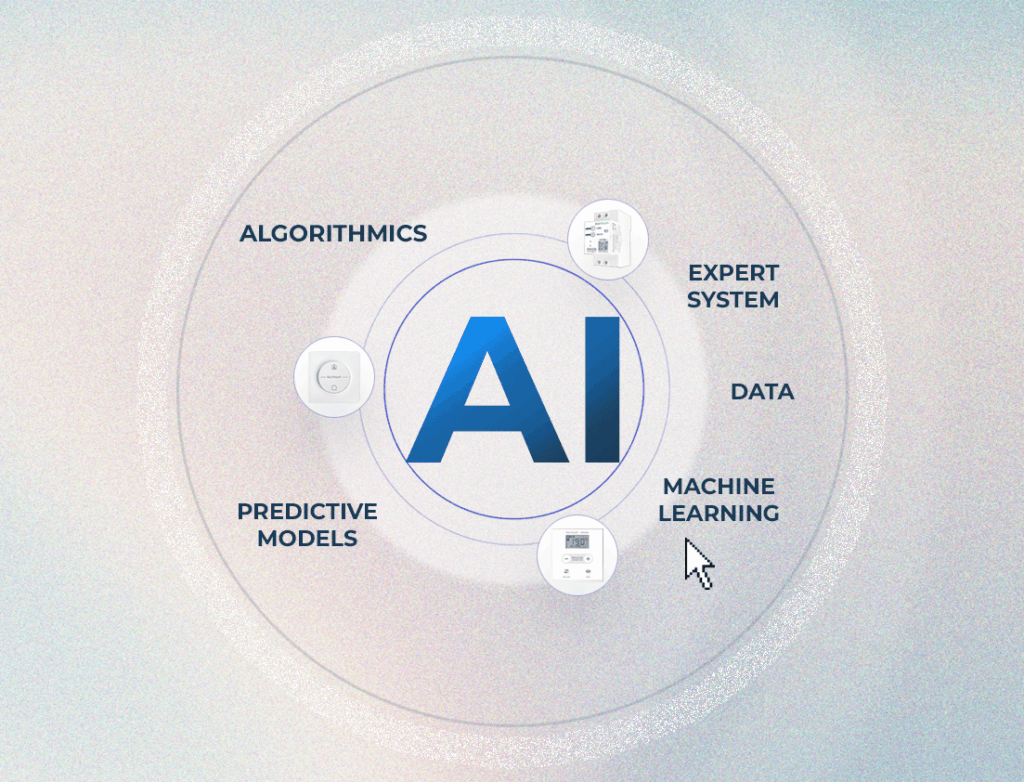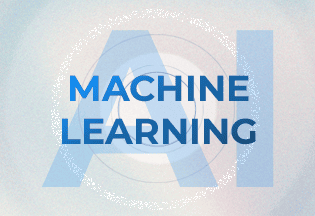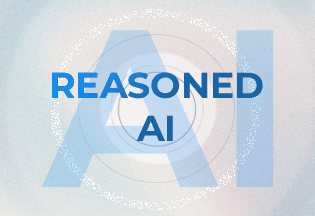Artificial intelligence and algorithmics
Responsible AI: the OGGA approach
Artificial intelligence is now a topic of conversation in both professional and personal settings. While AI-integrated solutions are becoming increasingly common, particularly in the field of energy efficiency, there is still confusion between AI, machine learning, algorithms and expert systems.
That is why we want to help you better understand these technologies and explain how they are used in our solutions.
Adapted algorithms, not speculative ones
We are talking about “pragmatic” algorithms. This concrete approach means that we use simple and effective models based on real-world observations. In other words, we do not let a machine decide on its own: our teams create understandable rules that are coded by hand.
These rules are built from real situations observed among residents. They take into account how homes function and their energy habits. This method is called an “expert” system: it does not make assumptions, but replicates the decisions an expert would make, applying specific rules based on our experience.
We use this approach in several specific cases. For example, the home may decide to reduce the heating when it detects an absence or a regular bedtime. In addition, if a smoke detector is triggered, the system can open the shutters and turn on the lights automatically to facilitate evacuation.
This approach makes it possible to build a form of artificial intelligence that is simple and robust, perfectly suited to our context.
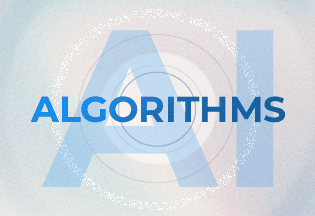
Understanding the language of algorithms
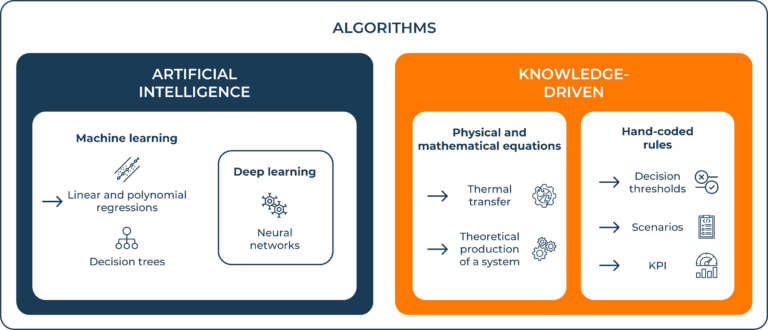
Machine Learning
Machine learning is a technology that forms part of artificial intelligence. It enables a computer or system to understand data and improve over time, without being explicitly programmed for each specific task.
At OGGA, this technology is used to analyse lifestyle habits in homes. For example, when residents use the heating. With this information, OGGA can adapt the operation of its products, such as the Eco-Touch. Machine learning also makes it possible to calculate the effectiveness of the Eco-Touch, i.e. to measure how much it helps to save energy and reduce expenses.
In short, machine learning helps OGGA to better understand housing and improve its solutions to make them smarter and more environmentally friendly.
AI, yes… but which one?
Artificial intelligence is everywhere, but its use varies considerably depending on the players involved. Some rely on opaque, energy-intensive models to impress. We have opted for simplicity and transparency.
Our approach is based on three pillars:
Physical models, based on proven equations, for reliable and interpretable predictions.
Lightweight machine learning, such as linear regressions, which rely on data without becoming overly complex.
Manually coded business rules, when common sense and human expertise are sufficient.
At OGGA, we use artificial intelligence to better understand the thermal behaviour of homes. For example, it helps us estimate a home’s inertia, i.e. its ability to retain heat or coolness. With this information, we can adapt our products, such as Eco-Touch, to make them more efficient and economical.
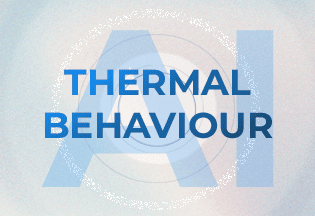
Reasoned AI, optimised energy
We believe that AI should be used sensibly. Our solutions, such as Eco-Touch, are based on the analysis of lifestyle habits (bedtimes, presence in the home) and the laws of physics to optimise heating, using proven algorithms.
Each technological component is chosen based on its actual usefulness. What matters to us is having the tool that best suits our needs.
Why develop a deep neural network when a simpler solution does the job just as well?
Our philosophy: use the right technology in the right place, without overdoing it.
Our goal: to achieve tangible energy savings.
Why does this approach make a difference?
AI is not an automatic solution, but one tool among many. That is why we are committed to integrating AI only when it brings real added value.
We can explain every decision made by our systems, unlike uninterpretable “black boxes”. What’s more, our algorithms consume few resources, unlike AI models that are data- and computation-intensive.
Our priority is to respond effectively to our clients’ challenges with the right tools, while maintaining a realistic and measured approach to technology.
* Black box: a system whose results can be observed without knowing how it works internally.
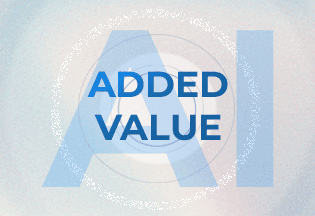
Information request
As a social landlord, are you looking to optimize the energy management of your housing units and make savings while improving the comfort of your residents?
Contact us today to discover our innovative solutions tailored to your needs.
